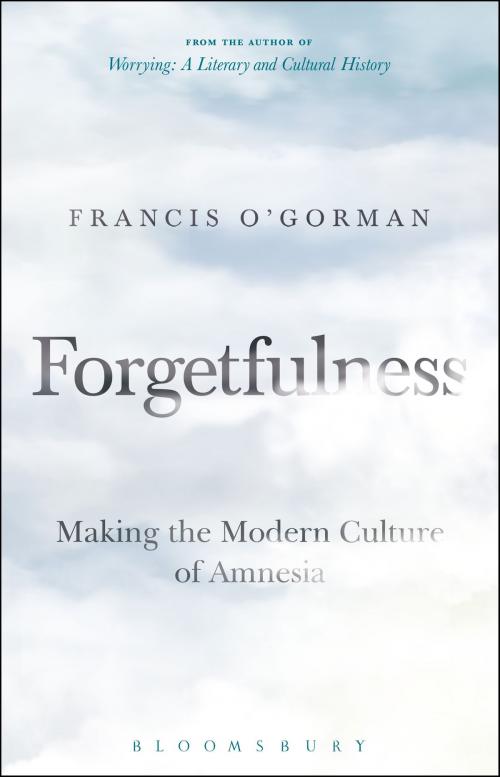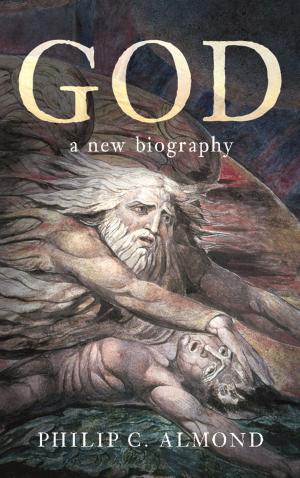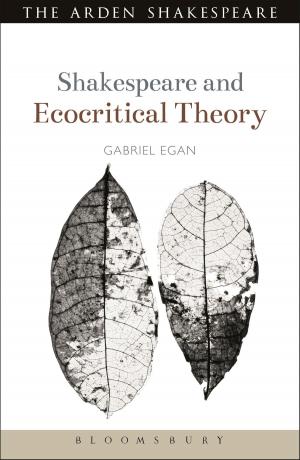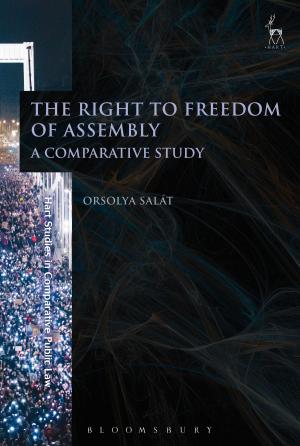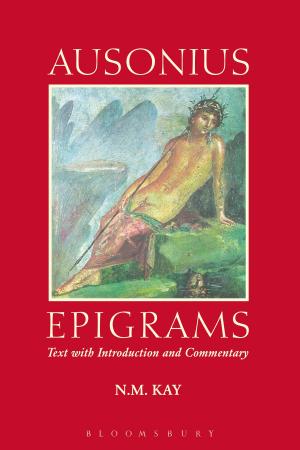Forgetfulness
Making the Modern Culture of Amnesia
Nonfiction, Religion & Spirituality, Philosophy, Modern, Fiction & Literature, Literary Theory & Criticism, History| Author: | Professor Francis O'Gorman | ISBN: | 9781501324703 |
| Publisher: | Bloomsbury Publishing | Publication: | October 5, 2017 |
| Imprint: | Bloomsbury Academic | Language: | English |
| Author: | Professor Francis O'Gorman |
| ISBN: | 9781501324703 |
| Publisher: | Bloomsbury Publishing |
| Publication: | October 5, 2017 |
| Imprint: | Bloomsbury Academic |
| Language: | English |
Forgetfulness is a book about modern culture and its profound rejection of the past. It traces the emergence in recent history of the idea that what is important in human life and work is what will happen in the future.
Francis O'Gorman shows how forgetting has been embraced as a requirement for modern existence and how our education, as well as life with fast-moving technology, further disconnects us from our pasts. But he also examines the cultural narratives that urge us to resist our collective amnesia. O'Gorman argues that such narratives, in rich but oblique ways, indicate our guilt about modernity's great unmooring from history.
Forgetfulness asks what the absence of history does to our sense of purpose, as well as what belonging both to time and place might mean in cultures without a memory. It is written in praise of the best achievement and deeds of the past, but is also an expression of profound anxiety about what forgetting them is doing to us.
Forgetfulness is a book about modern culture and its profound rejection of the past. It traces the emergence in recent history of the idea that what is important in human life and work is what will happen in the future.
Francis O'Gorman shows how forgetting has been embraced as a requirement for modern existence and how our education, as well as life with fast-moving technology, further disconnects us from our pasts. But he also examines the cultural narratives that urge us to resist our collective amnesia. O'Gorman argues that such narratives, in rich but oblique ways, indicate our guilt about modernity's great unmooring from history.
Forgetfulness asks what the absence of history does to our sense of purpose, as well as what belonging both to time and place might mean in cultures without a memory. It is written in praise of the best achievement and deeds of the past, but is also an expression of profound anxiety about what forgetting them is doing to us.
